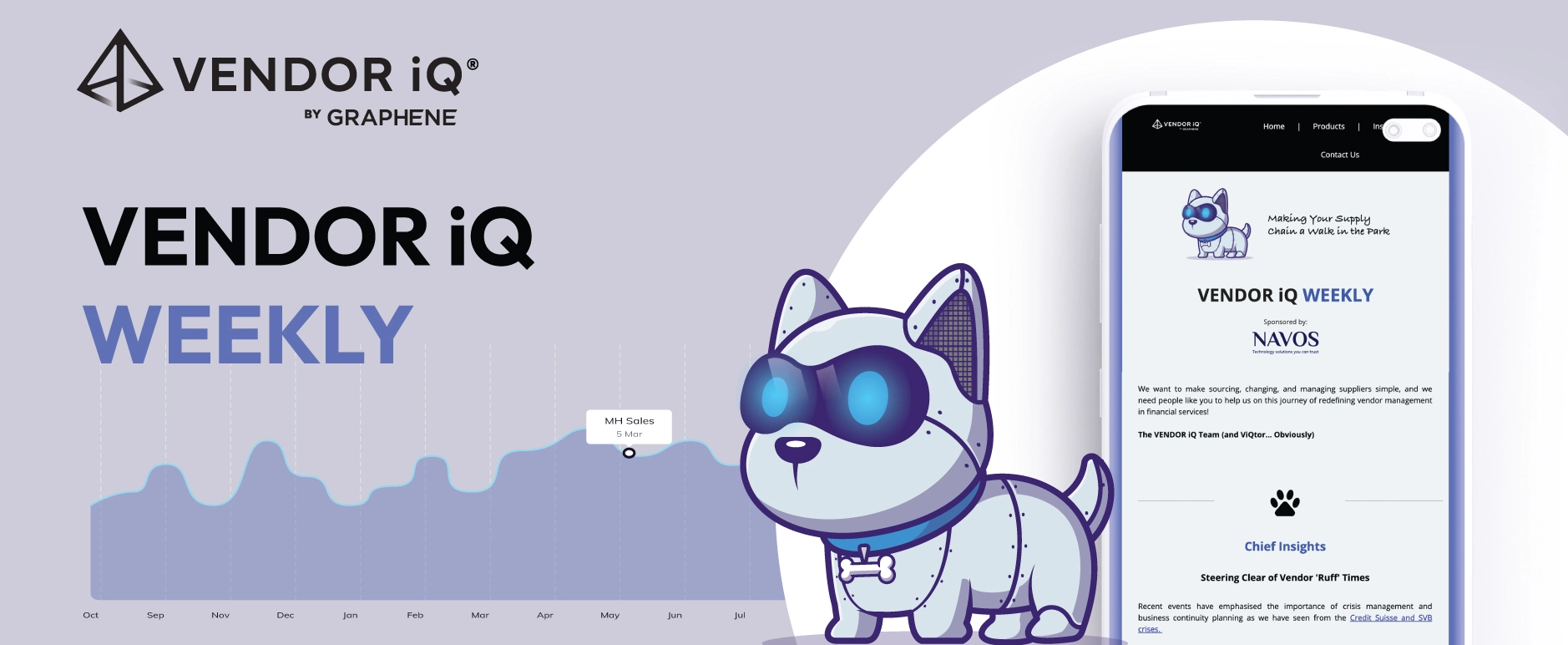The Due Diligence Process: A Comprehensive Guide to Ensuring Business Success
In today’s complex business environment, the due diligence process is a critical step in any major transaction or business decision. Whether you’re considering a merger, acquisition, investment, or partnership, conducting thorough due diligence is essential for identifying risks, validating opportunities, and ensuring that your business decisions are informed and strategic. This article will delve into the intricacies of the due diligence process, explaining its importance, steps, and best practices to ensure business success.
What is the Due Diligence Process?
The due diligence process involves a thorough investigation and analysis of a company or asset before entering into a transaction or agreement. The goal is to assess the target entity’s financial, legal, operational, and strategic position, ensuring that all potential risks and opportunities are fully understood. This process is essential for making informed decisions and protecting your business from unforeseen liabilities.

Why is Due Diligence Important?
Conducting due diligence is crucial for several reasons:
Risk Mitigation:
The due diligence process helps identify potential risks that could affect the transaction’s outcome. This includes financial risks, legal liabilities, compliance issues, and operational challenges. By uncovering these risks early, you can negotiate better terms or decide to walk away from a bad deal.
Informed Decision-Making:
Due diligence provides the data and insights needed to make informed business decisions. Whether you’re considering an acquisition or investment, understanding the target’s true value and potential pitfalls is essential for achieving a successful outcome.
Regulatory Compliance:
In many industries, due diligence is not just a best practice but a regulatory requirement. Ensuring that all aspects of the target business comply with relevant laws and regulations helps avoid costly fines and legal challenges.
Value Validation:
Robust due diligence confirms whether the target’s value aligns with its asking price. This ensures that you are paying a fair price and helps prevent overpaying for assets or businesses that may not deliver the expected returns.
Due Diligence Process Checklist
1. Preparation and Planning:
- Define the scope of due diligence based on the transaction type (e.g., merger, acquisition, partnership).
- Assemble a team of experts, including financial analysts, legal advisors, and industry specialists.
- Establish a timeline and checklist for the due diligence process.
2. Financial Due Diligence:
- Analyze the target company’s financial statements, including income statements, balance sheets, and cash flow statements.
- Review historical financial performance and future projections.
- Assess the company’s debt structure, creditworthiness, and financial stability.
- Verify the accuracy of financial records and identify any red flags, such as inconsistencies or discrepancies.
3. Legal Due Diligence:
- Review all legal documents, including contracts, licenses, intellectual property rights, and litigation history.
- Assess compliance with local and international laws, regulations, and industry standards.
- Identify potential legal liabilities, such as pending lawsuits or regulatory investigations.
4. Operational Due Diligence:
- Evaluate the target’s business operations, including supply chain, production processes, and operational efficiency.
- Assess the quality and reliability of the target’s products or services.
- Review the company’s technology infrastructure and cybersecurity measures.
5. Commercial Due Diligence:
- Analyze the target’s market position, competitive landscape, and customer base.
- Assess the target’s growth potential and strategic fit with your business.
- Review sales and marketing strategies, customer satisfaction levels, and brand reputation.
6. Human Resources Due Diligence:
- Evaluate the target’s organizational structure, employee contracts, and HR policies.
- Assess the company’s talent pool, employee satisfaction, and turnover rates.
- Identify potential cultural or integration challenges that may arise post-transaction.
7. Environmental and Social Due Diligence
- Assess the target’s environmental impact, sustainability practices, and compliance with environmental regulations.
- Evaluate the company’s social responsibility initiatives, including labor practices and community relations.
- Identify any environmental or social risks that could affect the transaction or the company’s long-term success.
8. Final Analysis and Reporting:
- Compile the findings from each due diligence area into a comprehensive report.
- Present the report to decision-makers, highlighting key risks, opportunities, and recommendations.
- Use the insights gained from due diligence to negotiate terms, finalize the transaction, or decide to withdraw from the deal.
Best Practices for a Successful Due Diligence Process
- Start Early: Begin the due diligence process as soon as possible to allow ample time for thorough analysis. Rushing due diligence increases the risk of overlooking critical issues.
- Be Systematic: Follow a structured approach to due diligence, ensuring that all aspects of the target business are thoroughly examined. Use checklists and timelines to stay organized.
- Involve Experts: Engage professionals with expertise in finance, law, operations, and the relevant industry. Their insights and knowledge are invaluable for identifying risks and opportunities.
- Communicate Clearly: Maintain open communication with all stakeholders throughout the due diligence process. Regular updates and clear reporting ensure that everyone is informed and aligned.
- Document Everything: Keep detailed records of all findings, analyses, and communications during due diligence. This documentation is crucial for supporting your decisions and actions.
Introducing VENDOR iQ: Streamlining the Due Diligence Process with Integrated Data Insights
While the traditional due diligence process is thorough and essential, it can also be time-consuming and resource-intensive. This is where VENDOR iQ comes into play. VENDOR iQ is a powerful platform designed to streamline the due diligence process by integrating and analyzing vast amounts of data from various sources, including financial records, the fca register, legal documents, and market trends.

VENDOR iQ offers real-time data insights that help you quickly identify potential risks and opportunities. By leveraging advanced analytics and machine learning, VENDOR iQ sorts and connects relevant data points, providing a comprehensive view of the target business. This allows you to make more informed decisions faster, saving time and reducing the risk of overlooking critical information.
Moreover, VENDOR iQ’s platform is easily integrated into your existing systems, ensuring that you can seamlessly incorporate its powerful data capabilities into your due diligence workflow. Whether you’re assessing a potential acquisition, investment, or partnership, VENDOR iQ enhances your ability to conduct thorough and efficient due diligence, ultimately leading to better business outcomes.
The Importance of Due Diligence in Business Success
The due diligence process is a vital component of any major business transaction. By conducting thorough due diligence, you can identify risks, validate opportunities, and make informed decisions that contribute to long-term business success. Whether you’re acquiring a company, entering a partnership, or making an investment, following a structured and comprehensive due diligence process is essential for achieving your goals and protecting your interests.
With tools like VENDOR iQ, you can take your due diligence process to the next level, ensuring that you have all the data and insights you need to make the best possible decisions for your business.





